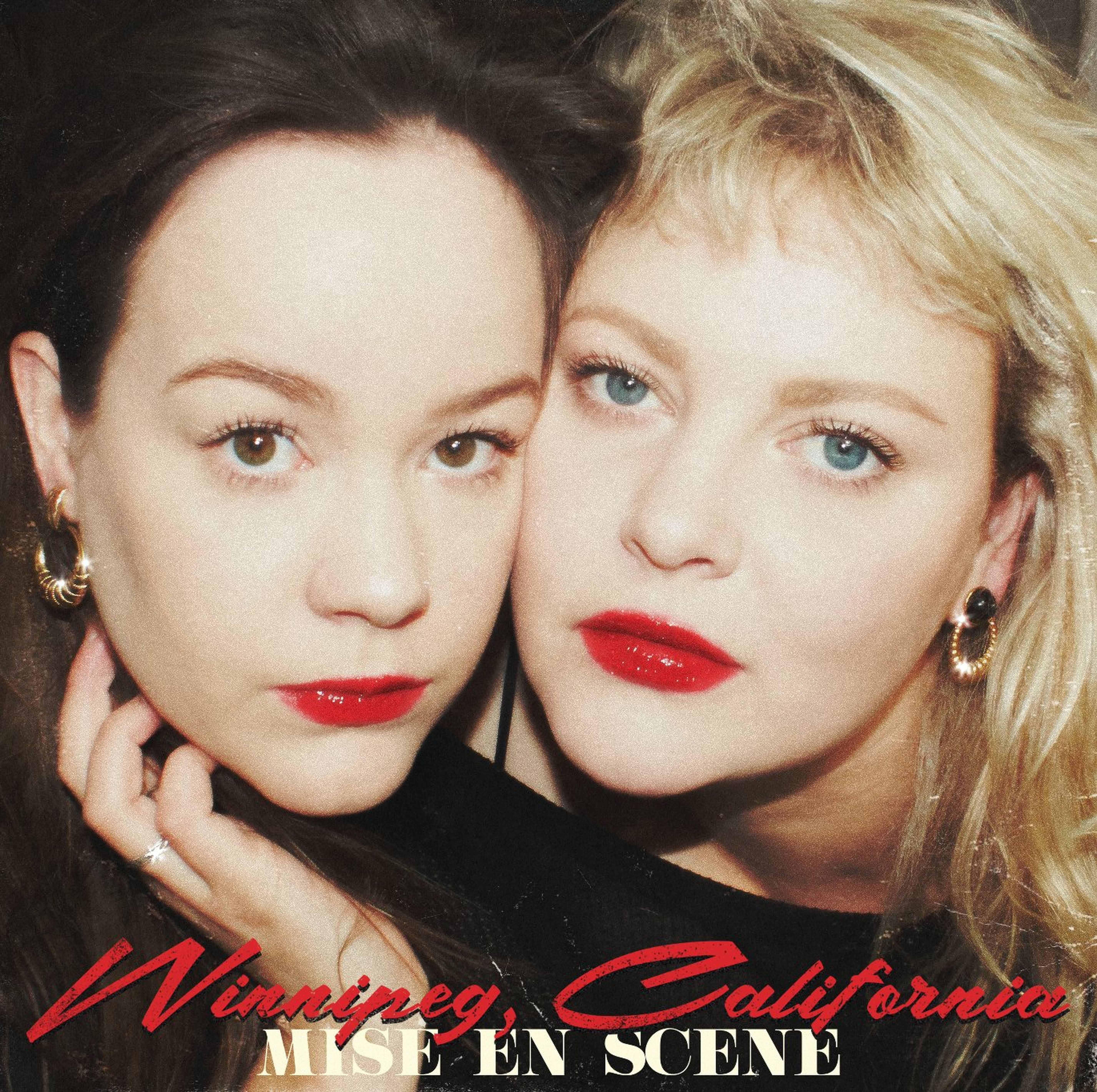Concert etiquette can be a touchy subject, especially among classical musicians. While classical musicians maintain a certain pride in the unspoken rules surrounding concert, it’s possible that some of these rules have made the music inaccessible to those who are not familiar with them.
A few good arguments are made by conductor Baldur Brönnimann in his article “10 things that we should change about classical music concerts.” One thing he proposes to change is the treatment of the space between movements which is a hot topic with almost every classical musician.
His suggestion is that we allow applause between movements, and to an extent it makes sense to applaud the orchestra for a movement well played. For works of absolute music, or music without a program or story behind it, this could work.
There’s no reason not to clap between movements of a Haydn symphony as it does not disrupt the ideas of the music. The applause doesn’t interfere with the production of the music itself.
However, on the other hand is music with a programmatic nature. For instance, Berlioz’s “Symphonie Fantastique” is a piece depicting a man’s journey from love to madness. The composer himself wrote program notes to go along with the symphony that distinguishes each movement like a section of a story told by the orchestra.
In order for this to be maintained the audience almost has to forget they’re in a concert hall at all, and be transported to the world Berlioz paints with his music and must not be disrupted by applause. Furthermore, the music suffers if the orchestra loses the mood of the music they’re crafting due to excess noise in the hall, and it may take them a few minutes to recapture the mood in themselves and the music they’ve already worked to create.
A happy medium could be a change of convention in which, should the conductor drop their hands between movements and the musicians readjust, applause is welcomed, but if they leave their hands up, silence must be maintained.
Another, and possibly the most important, change Brönnimann proposes is to include more new music in programs.
Classical music has always tended to be antiquarian, but in order for progress to be made in the field promotion of new music is vital.
Some new classical music is aurally unpleasant and can be quite difficult to listen to, but much of it is really quite lovely and can be an exciting addition to any program. The Winnipeg Symphony Orchestra puts on a New Music Festival every year in order to introduce audience members, who would otherwise not listen to more recent compositions at all, to the wonder of new classical music.
While a festival is a great way to introduce audience members to new classical music, if programs not specific to a certain composer or era contained at least one new work it could increase the general interest in classical music and possibly make it more accessible to people who don’t like classical music because it’s so old.
Any updates made to the classical music scene would have to be gradual and seemingly insignificant at first. The current audience for the style is largely invested in the tradition that goes along with the music.
But in order to keep orchestras in business and the classical music scene alive we need to begin making preparations to allow this style to be more easily accessible to people who may not be as educated in the genre. Public appeal is part of any performing art and though classical music is traditional and established it still needs to update itself with the times if anyone in the future is to care about it.




Dear Caitlin,
I was very interested to read this commentary. Brönnimann’s article has definitely been making waves and did not go unnoticed here at the Winnipeg Symphony. We have been debating a lot of these points for some time.
We do in fact include new works on our regular concerts – we premiered a beautiful new work by U of M grad Kenley Kristofferson at our last concert.
Yet we still find it a challenge to convince people to take risks with us on new works. We seem to have two audiences: one that just wants the classics and another that is constantly challenging us to explore new and exciting works.
Hence our current model where we dedicate a full week with the Winnipeg New Music Festival to exploring new works but make sure to still include new works and world premieres throughout our season.
As to applause – many a first movement was designed to elicit excitement and uproarious applause. I personally have started clapping whenever I feel moved too and welcome all audience members to do the same.
I encourage you to come and help create these new traditions that will keep symphony concerts vibrant and exciting. We need your help to do so!
Sincerely,
Neil Middleton
Director of Marketing & Communications
Winnipeg Symphony Orchestra
PS – I hope all of your readers know about our SoundCheck program. $15 tickets for 30 & under to any concert.